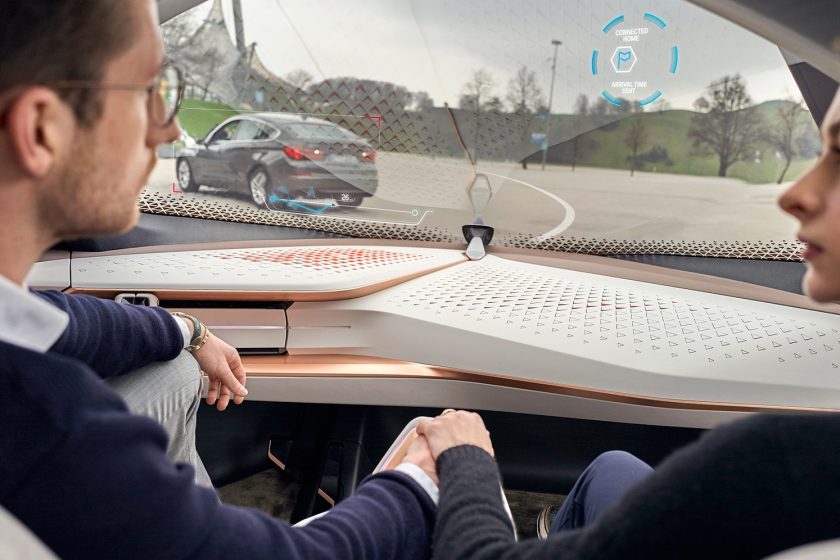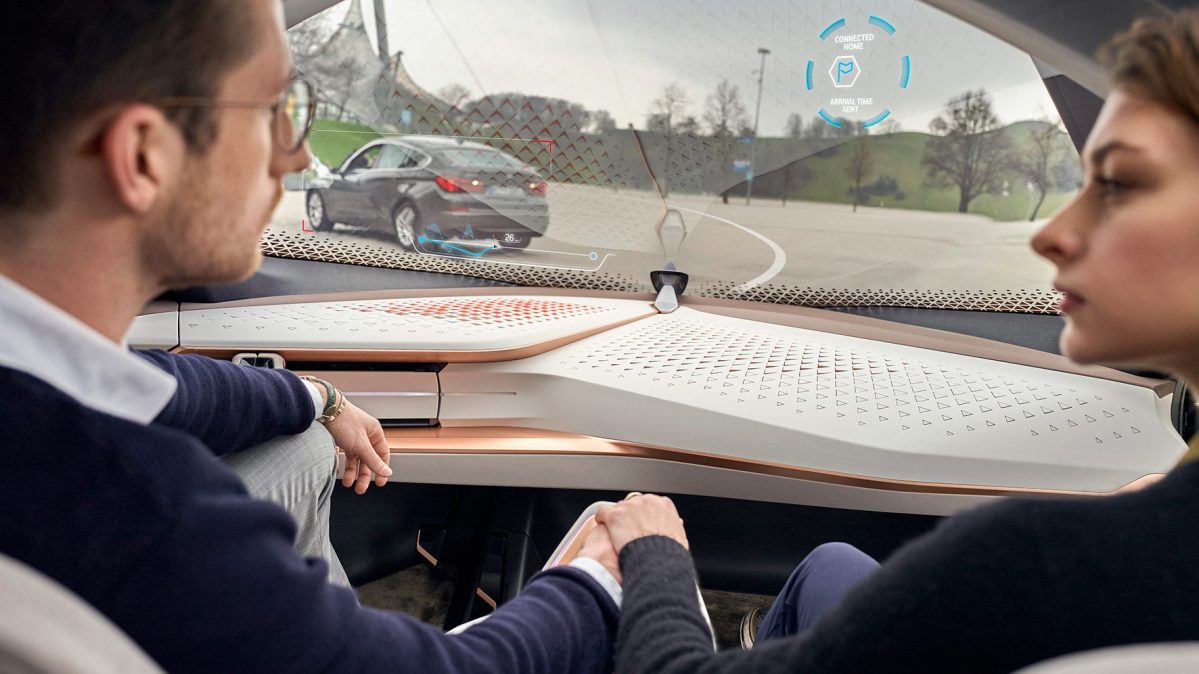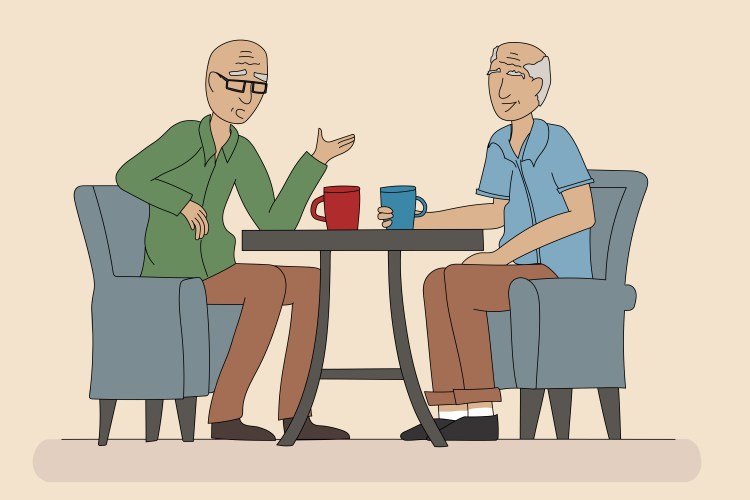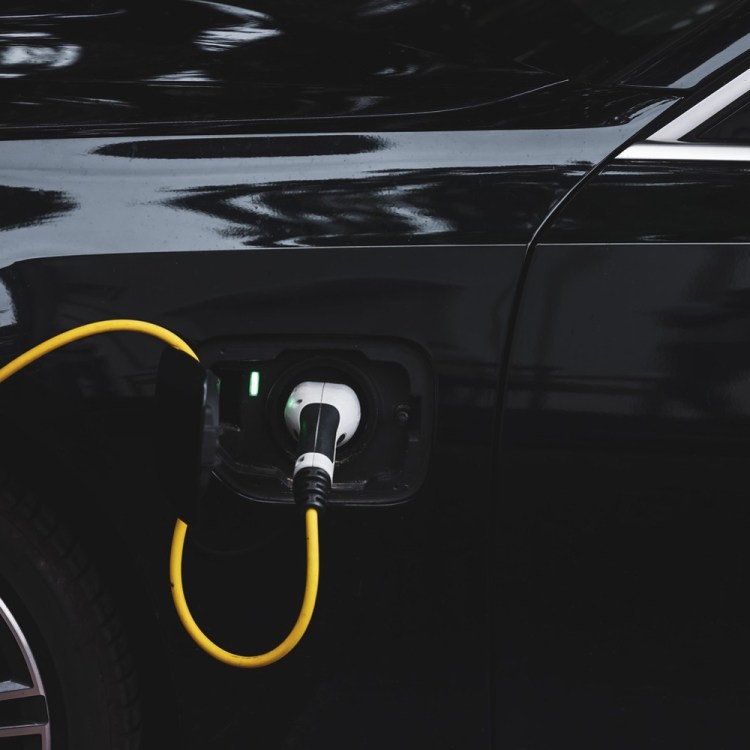
Self-driving cars of the future could allow passengers to sleep, shave or catch up on emails during their daily commute.
But government and insurance limitations aren’t the obstacles holding up the introduction of the technology. It’s the customers themselves.
BMW Board Director Peter Schwarzenbauer told dezeen.com recently that feeling unsafe in self-driving cars is passengers’ No. 1 concern. So the auto manufacturer is teaming up with psychologists to better understand how to make consumers feel safe about letting a robot take over the wheel.

The answer seems to lie in establishing a relationship — with the car. Much like iPhone users become attached emotionally to their phones, having a relationship with a self-driving car may alleviate some of the anxiety around using them.
That approach mirrors the strategies of other tech giants like Apple and Google, to cement emotional attachments between users and products.
“Our brain tells us this is a machine but at the same time you immediately build up a human relationship,” Schwarzenbauer said. “It’s really a companion that helps me to make my life easier.”
—RealClearLife Staff
This article was featured in the InsideHook newsletter. Sign up now.
























